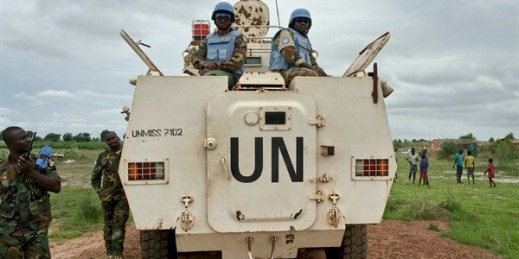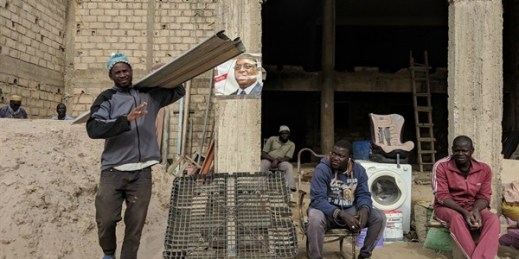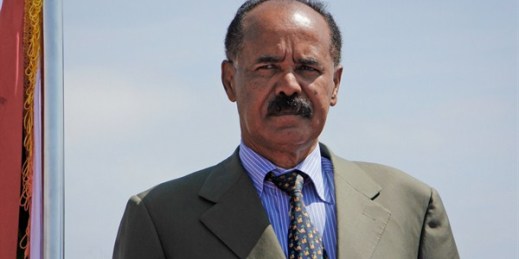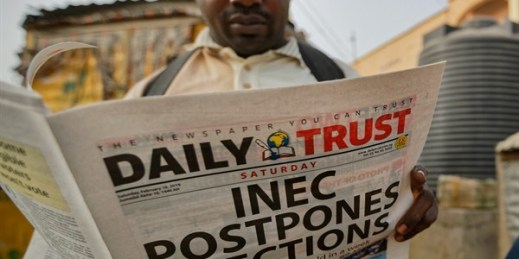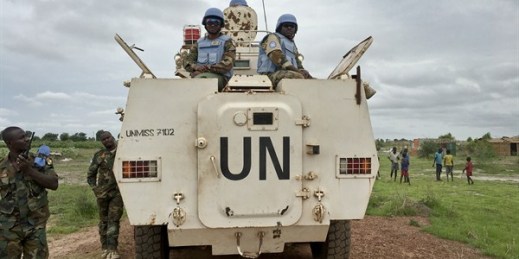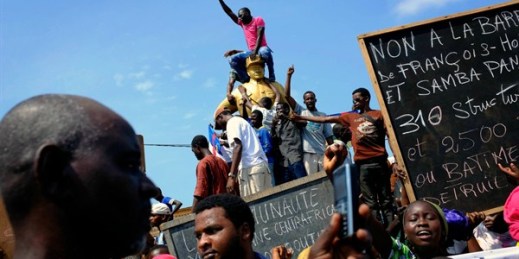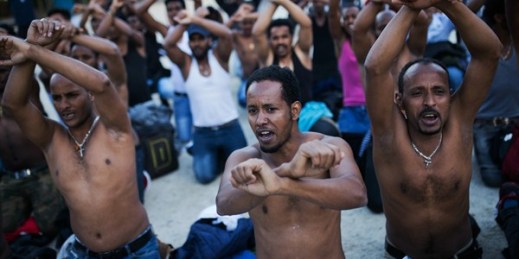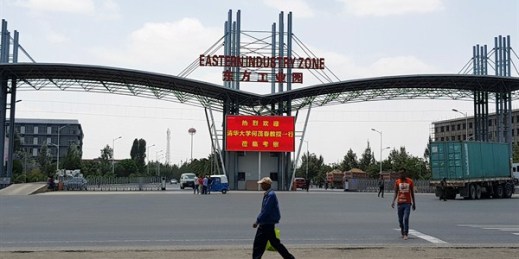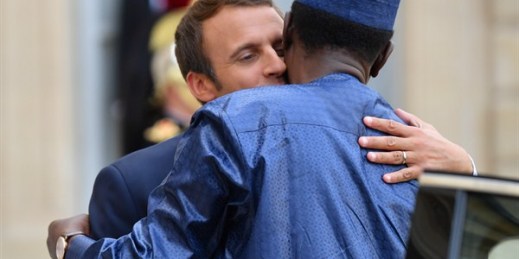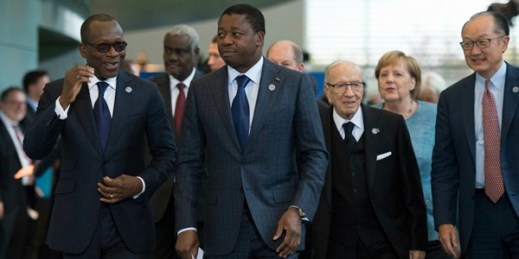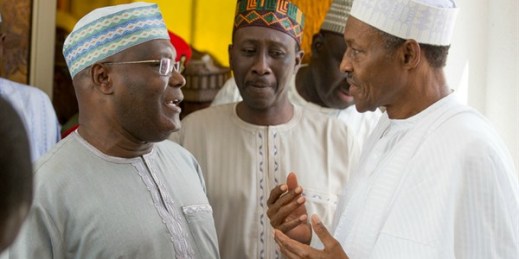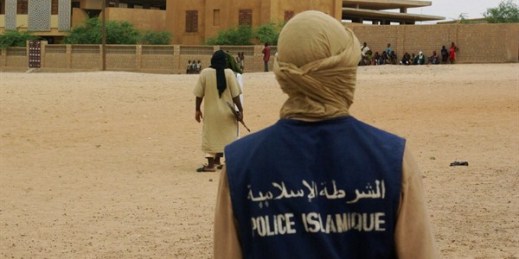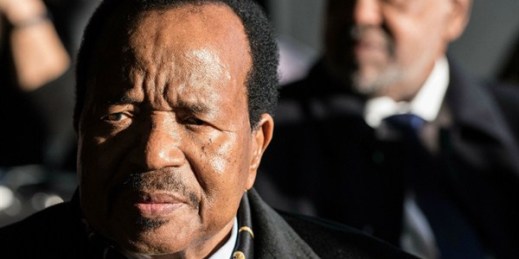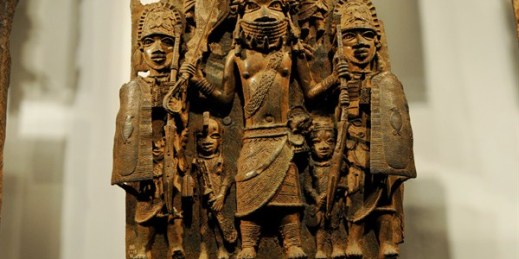
Editor’s note: The following article is one of 30 that we’ve selected from our archives to celebrate World Politics Review’s 15th anniversary. You can find the full collection here. BENIN CITY, Nigeria—Two years ago, during a trip to Venice, the Nigerian artist Victor Ehikhamenor stepped out on a Sunday to see a sprawling exhibition by the British artist Damien Hirst, which was on view at two museums, the Punta della Dogana and the Palazzo Grassi. Titled “Treasures from the Wreck of the Unbelievable,” the exhibition purported to show objects salvaged from a fictional capsized ship—the Unbelievable—discovered, or so the story went, […]

